Contents
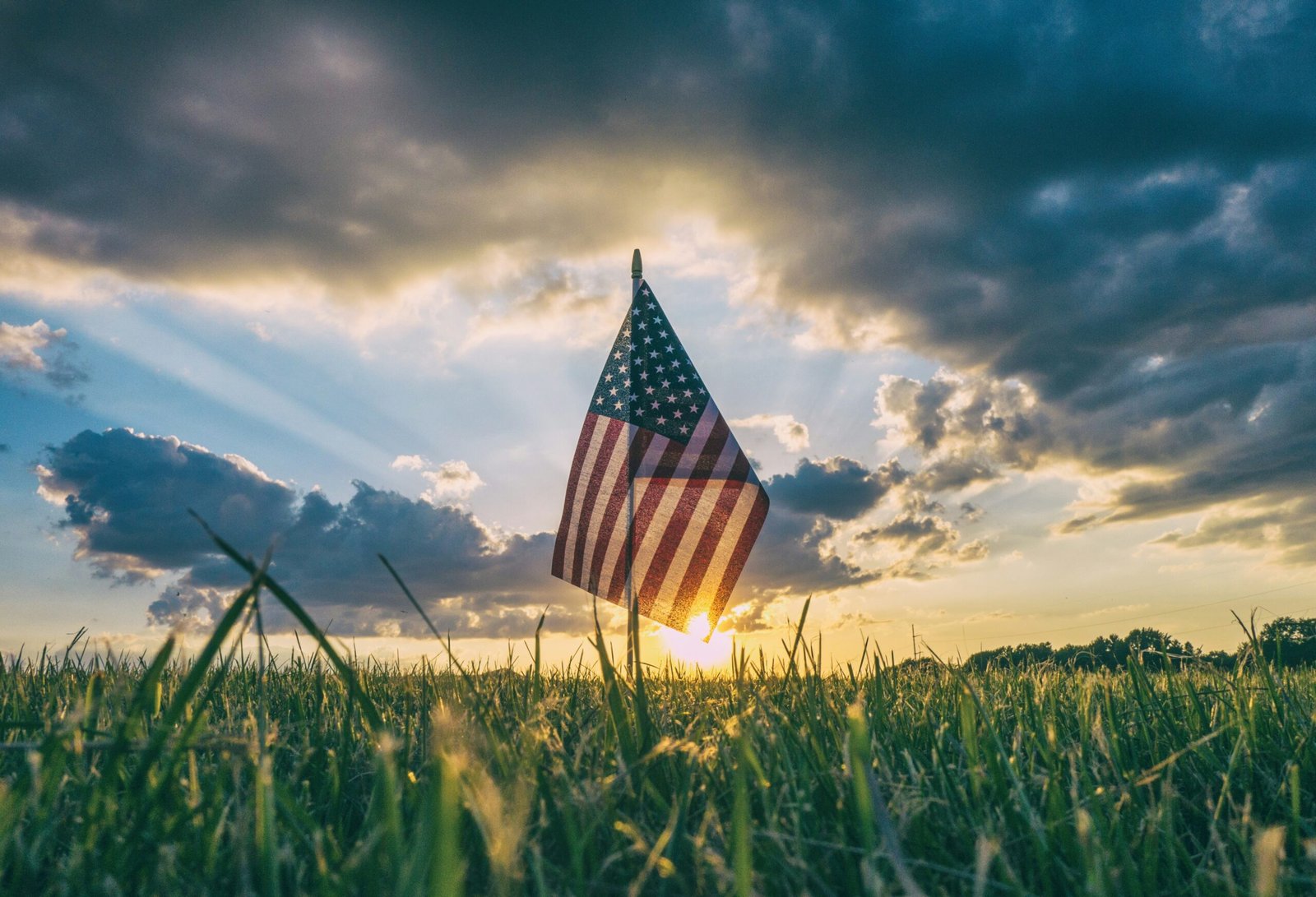
Memorial Day, observed on the last Monday of May, holds profound significance as a time to honor and remember the men and women who have given their lives in military service to the United States. This solemn holiday traces its roots back to the aftermath of the Civil War, when it was originally known as Decoration Day. The tradition began as a way for communities to decorate the graves of fallen soldiers with flowers, a practice that symbolized both remembrance and respect for those who had made the ultimate sacrifice.
Reflecting on the Sacrifices of the Fallen
Across the United States, Memorial Day has evolved into a day of national reflection and gratitude. Communities come together to participate in ceremonies, parades, and moments of silence, each event imbued with a deep sense of reverence. These traditions serve not only as a reminder of the cost of freedom but also as a way to honor the personal stories of the fallen. For many families, Memorial Day is a poignant reminder of their loved ones’ bravery and the void left by their absence.
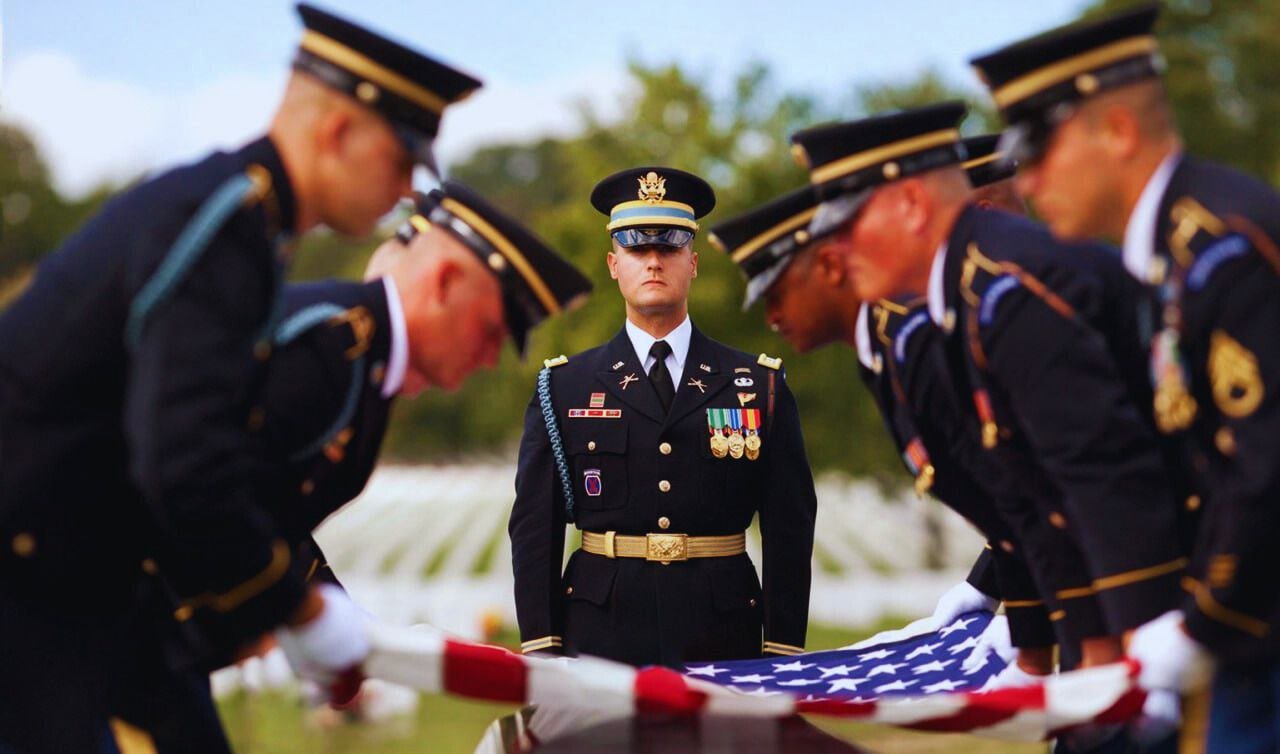
Personal anecdotes from veterans’ families provide a heartfelt glimpse into the emotional impact of these sacrifices. Consider the story of the Anderson family, who lost their son, Private First Class Michael Anderson, in Afghanistan. They remember him not just as a soldier, but as a young man with dreams of becoming a teacher, a brother who loved playing football, and a son who brought joy to his family. His story, like many others, underscores the personal loss behind each name etched on a memorial.
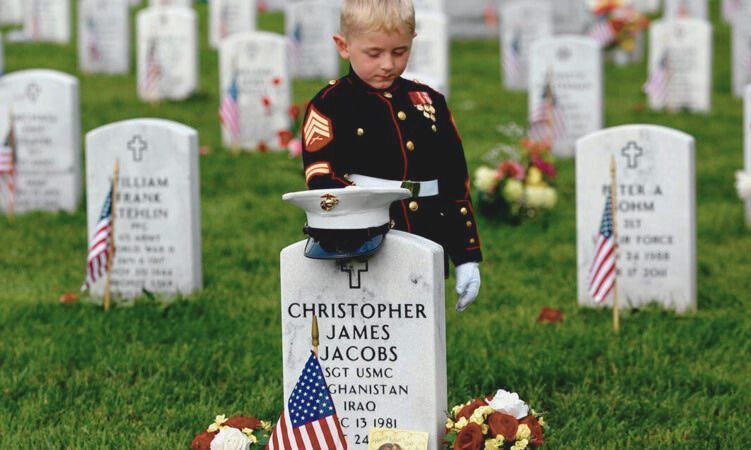
Memorial Day also reflects the diverse ways in which different cultures and traditions have incorporated the holiday into their own rituals. In some communities, it is customary to hold candlelight vigils, while others may release lanterns into the sky as a symbol of hope and remembrance. These varied practices highlight the universal need to honor those who have laid down their lives in service.
Ultimately, Memorial Day is a time for collective reflection on the sacrifices made by the fallen. It is a day when the nation pauses to remember that behind each flag-draped coffin is an individual with a unique story, a family left behind, and a legacy of courage that continues to inspire.
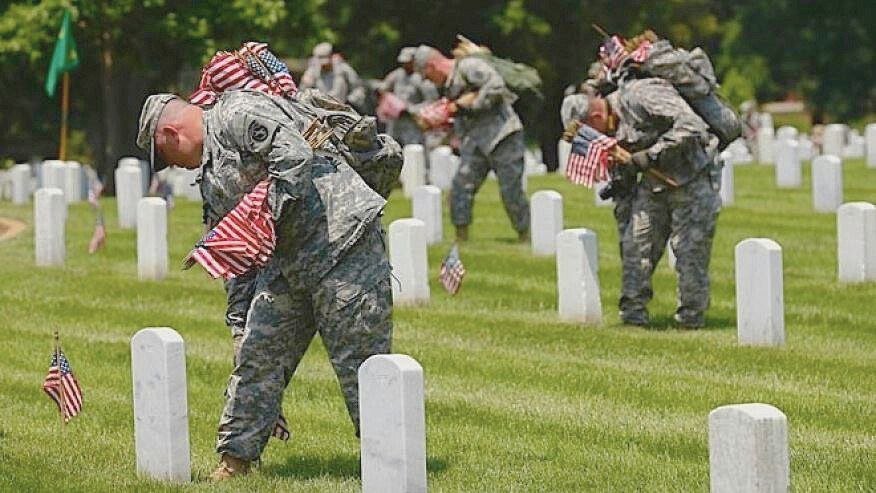
A Civic Prayer for Unity and Healing
Memorial Day offers a solemn opportunity for communities to engage in a civic prayer, a collective moment of reflection and hope that transcends individual beliefs. This occasion allows us to honor the sacrifices made by both the living and the deceased, fostering unity and healing within our society. A civic prayer serves as a unifying force, bringing together people from diverse backgrounds to support one another, particularly veterans and their families who have endured profound losses.
Examples of civic prayers often include community gatherings, where members come together to share stories, offer condolences, and provide mutual support. For instance, some towns hold interfaith memorial services, inviting representatives from various religious and spiritual backgrounds to lead prayers and meditations. These events not only honor the fallen but also promote a sense of collective healing and reconciliation. Additionally, initiatives like the National Moment of Remembrance, where Americans pause for a minute of silence at 3 PM local time, exemplify how simple acts of unity can have a profound impact on communal well-being.
Faith and spirituality play pivotal roles in the healing process. Individuals and communities often turn to their spiritual beliefs for comfort and guidance during times of grief. Whether through organized religion or personal spirituality, these practices provide a framework for understanding loss and finding solace. Community support systems, such as veteran support groups and family counseling services, are also crucial in helping individuals cope with the emotional aftermath of military service.
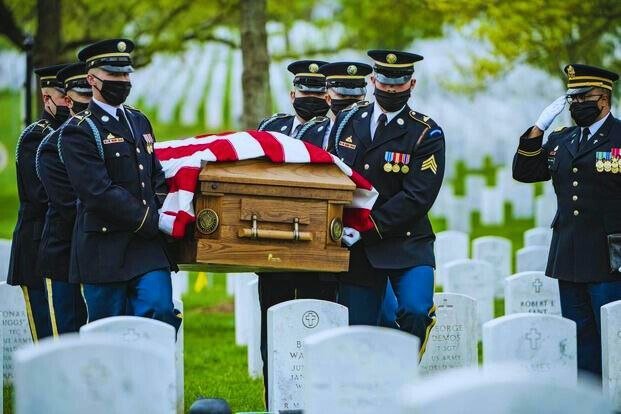
To actively participate in or initiate a civic prayer, individuals can start by organizing local events that encourage community participation. Simple actions, such as hosting a remembrance ceremony or creating a communal space for reflection, can make a significant difference. Encouraging open dialogue about the experiences of veterans and their families can also foster a deeper understanding and support network.
As we observe Memorial Day, let us take the time to engage in activities that honor the fallen and support the living. By participating in civic prayers and community initiatives, we can contribute to a collective healing process, ensuring that the sacrifices of our heroes are remembered and that their legacy continues to inspire unity and compassion in our society.
OUR SITE: toinewsalert.com
The United States: A Historical Perspective on Wars
The Role and Responsibilities of the President of the United States,1
The Role and Responsibilities of the President of the United States,1
Princess Charlene Puts on a Stylish Display at the Monaco Grand Prix
Princess Charlene Puts on a Stylish Display at the Monaco Grand Prix
